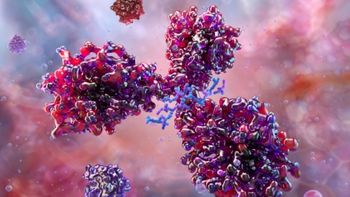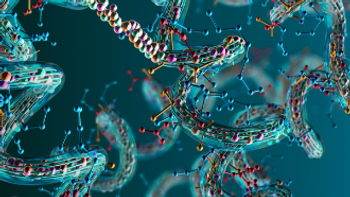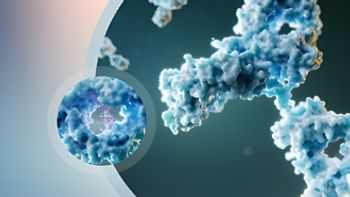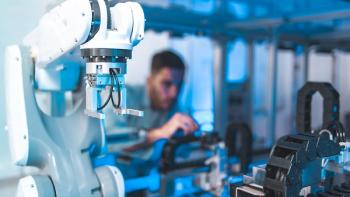
Recent Advances in Oligo Purity and Sequence Determination by LC–MS: Maximizing Throughput, Confidence, and Coverage
Tuesday, November 15th 2022 Morning Session: 11am EST|8am PST|4pm GMT|5pm CET Afternoon Session: 2pm EST|11am PST|7pm GMT|8pm CET Analyzing oligos? Join us to learn about novel, automated, and integrated software to support the analysis of the CQAs of oligos using LC–HRAM MS. Purity and sequencing data will be presented for a multitude of oligos including antisense, aptamer, and long synthetic samples.
Register Free:
Event Overview:
Oligonucleotides (oligos) have become fast-growing modalities in recent years. Along with the development of these candidates has come the increased need for robust analytical methods and easy-to-use data analysis workflows to characterize them. Critical quality attributes of oligos include their mass, purity, and sequence – each of which can be difficult, time consuming, and tedious to analyze. As a result, software that supports these efforts can be of great value. In this work, we present novel, automated, and integrated software to support these workflows using LC–HRAM MS instruments. Purity and sequencing data are presented for a multitude of oligos including antisense, aptamer, and long synthetic samples.
Key Learning Objectives:
- Techniques for analyzing the critical quality attributes (CQAs) of oligos—including their mass, purity, and sequence
- How novel, automated, and integrated software can facilitate the analysis of oligo CQAs using LC–HRAM MS instruments.
- Purity and sequencing data for a multitude of oligos including antisense, aptamer, and long synthetic samples
Who Should Attend:
Analytical staff in biopharmaceutical companies working on the analysis and characterization of oligonucleotides
Speaker
Peter Rye, PhD
Application Engineer Pre Sales
Agilent Technologies
Peter Rye is a technical sales specialist with Agilent Technologies, located in Lexington, Massachusetts, just outside of Boston. He has been with Agilent for 11 years developing LC, RapidFire, and mass spec methods on a wide range of molecules. Prior to Agilent, Peter earned his PhD in Biochemistry from the Essigmann Laboratory at Massachusetts Institute of Technology and worked in analytical development groups for BioTove and BIOCIUS, the original companies that developed the RapidFire platform. In his spare time, you can find Peter relaxing with his wife and kids in Beverly, Massachusetts, and staying active outdoors.
Register Free:
Newsletter
Stay at the forefront of biopharmaceutical innovation—subscribe to BioPharm International for expert insights on drug development, manufacturing, compliance, and more.




